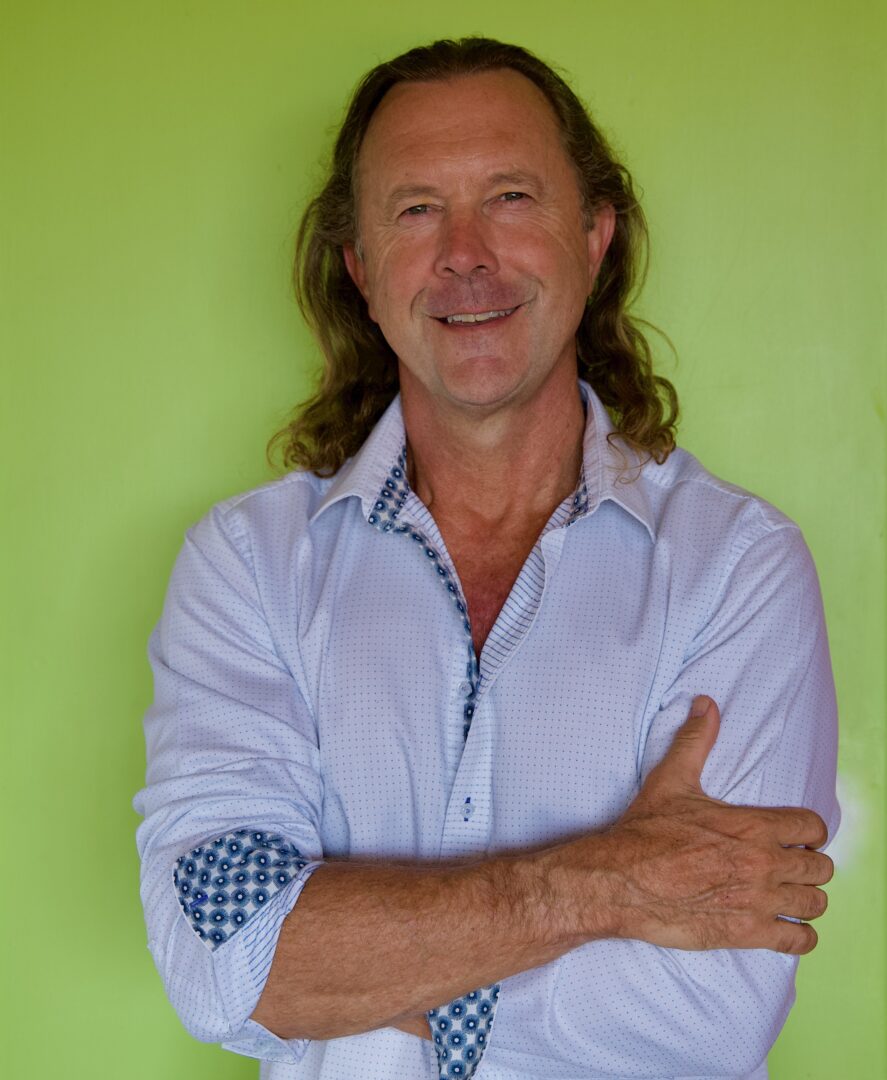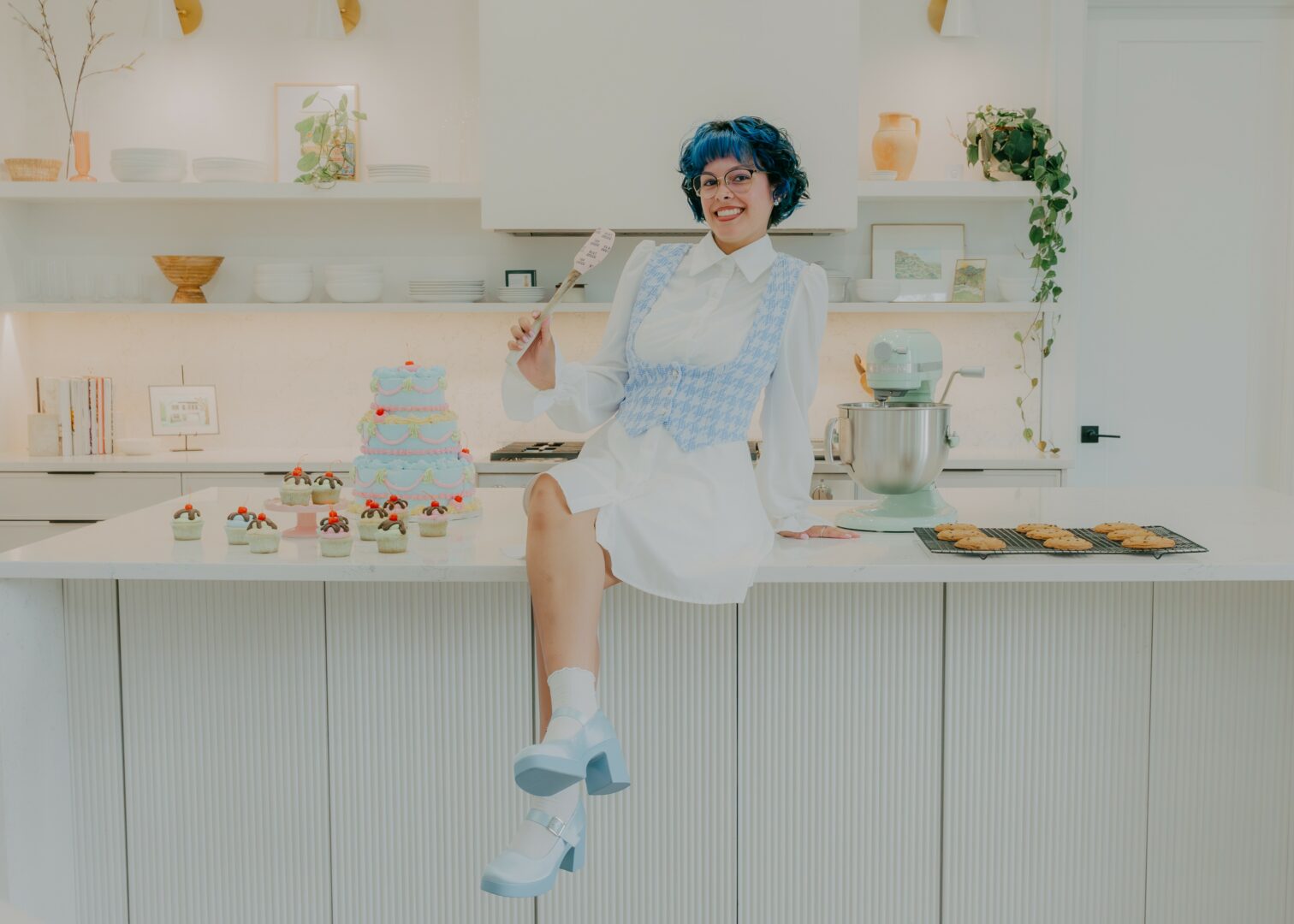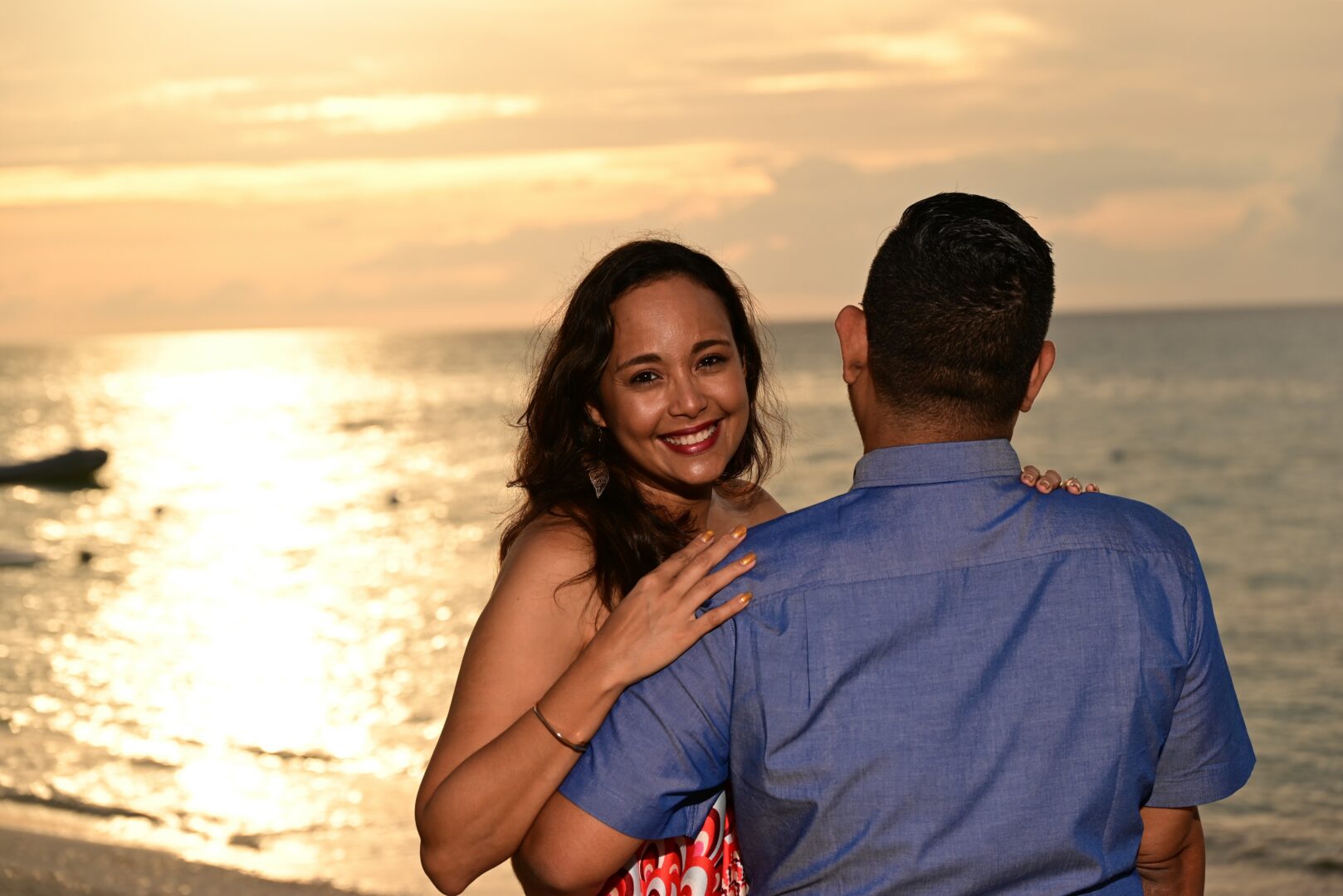Alright – so today we’ve got the honor of introducing you to Angel A. We think you’ll enjoy our conversation, we’ve shared it below.
Angel, so great to be with you and I think a lot of folks are going to benefit from hearing your story and lessons and wisdom. Imposter Syndrome is something that we know how words to describe, but it’s something that has held people back forever and so we’re really interested to hear about your story and how you overcame imposter syndrome.
Those who suffer from impostor syndrome often doubt their skills, talents, or accomplishments, and may have a persistent internalised fear and self-doubt despite high personal achievement.
My novels deal specifically with this topic. In ‘Mary Poser’, Mary does not believe her projected image of herself. Was she the dutiful Southern Baptist girl destined to marry a guitar-slinging country boy, according to her family and cultural expectations? In ‘Holy Parrot’, Maria Angelica appears to believe she is gestating the saviour of the new world and she must deal with the resulting adulation and hate thrust upon her. In both stories, expectations overwhelmed the protagonists. These novels reveal the primary issue of how they see themselves. My narratives reflect a deeper truth about imposter syndrome that extends far beyond fiction.
To feel overwhelmed by praise and expectations is a characteristic of imposter syndrome. People feels uncomfortable standing on the pedestal society has positioned them on. Multiple studies link imposter syndrome with depression, anxiety, low self-esteem, social dysfunctions, burnout, cynicism, and isolation. The condition goes far beyond the narrative of external validation issues. A significant 2024 study of 1,897 Chinese college students found this syndrome positively predicted suicidal ideation, while a systematic review published in the Journal of General Internal Medicine found that these feelings among high school students correlated significantly with a history of prior suicidal ideation and depression.
We have all heard the phrase, ‘Fake it until you make it.’ What are the limits of this fraud? What are the costs of sacrificing authenticity in the name of admiration, appearing loyal, or ‘looking good’, particularly for our well-being and self-worth?
One of the key features of social acceptance is the expectation to conform to reach a social status. ‘I’ll do anything to be successful’ is the war cry of a fully integrated social participant. What is the cost of this decision to sacrifice anything to please and gain favour from others? This raises fundamental questions about authenticity and social conformity.
The first part of my answer to the question must lie in the true understanding of the problem. Despite societal pressures, to combat this syndrome, we must be authentic to ourselves. To be specific, Johns Hopkins University research directly states: “To address imposter syndrome, you have to be authentic.” Their research defines authenticity as “being and acting consistent with who you hold yourself out to be for others, and who you hold yourself to be for yourself.”
Frontiers in Psychology published research stating that imposter syndrome sufferers are “harshly critical and judgmental of themselves” and “lack self-kindness.” Research published in the Journal of Personality and Individual Differences found that students with high levels of what they referred to as self-compassion had lower incidences of imposter syndrome.
The second part of my answer is to accept ourselves, be self-compassionate, and pursue value-driven goals rather than external accolades. By doing this, we naturally become immune to the core drivers of imposter syndrome. We stop needing others’ opinions to validate our worth because we have an internal foundation of self-acceptance.
So authenticity is the antidote to imposter syndrome. My novels offer examples of growth towards this self awareness. You may write about how you achieved this one day.
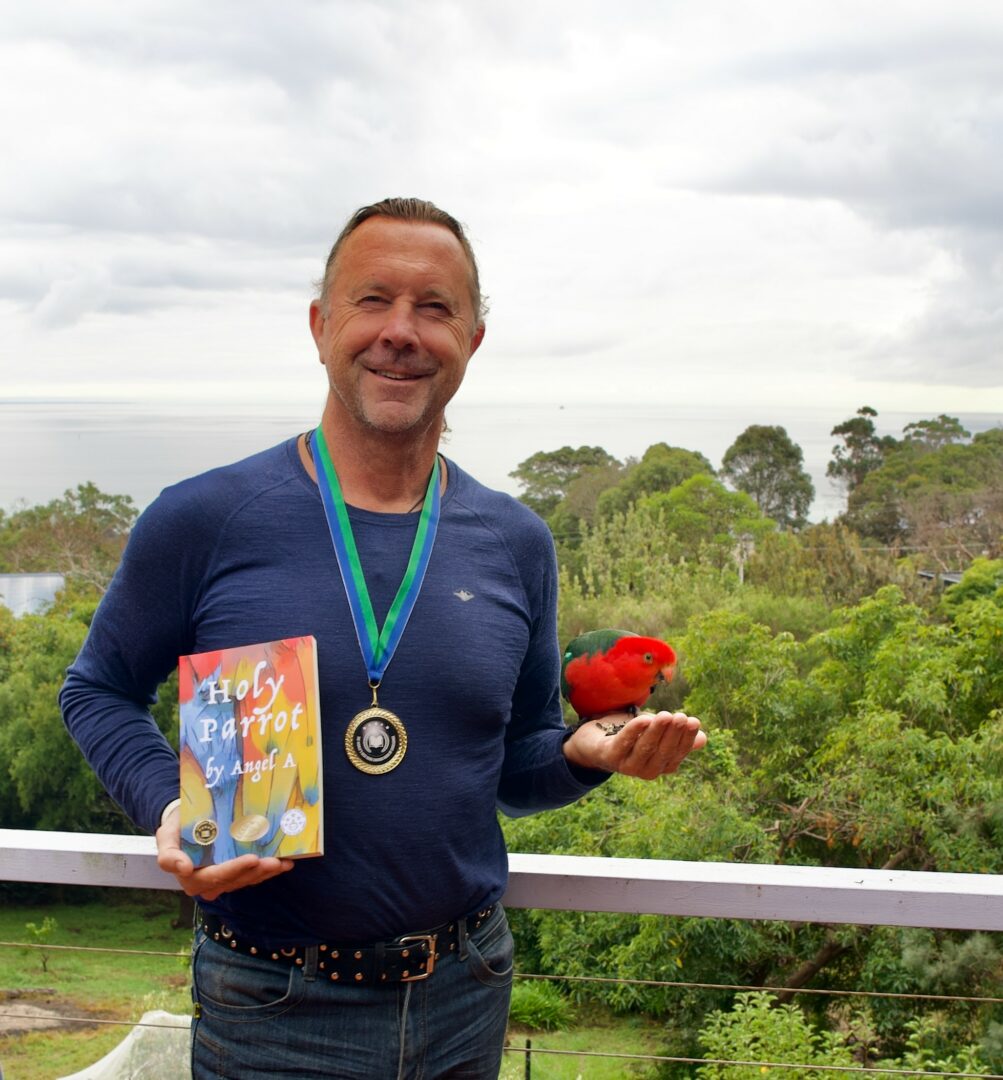
Thanks, so before we move on maybe you can share a bit more about yourself?
For thirty years, I’ve maintained a community chiropractic practice in Rosebud, Australia, while simultaneously pursuing filmmaking and writing. Rather than viewing these as separate careers, I see them as complementary expressions of a single mission: helping people find alignment with a greater version of themselves. For me, life is an opportunity for growth. We experience physical growth of the child into the adult, but there are subtler levels of growth that emerge when we seek to move from surviving to thriving. This journey aligns with discovering who we truly are rather than who we think we should be.
Growth requires shedding behaviours and beliefs that do not serve us. In my chiropractic practice, I help patients find pain relief by correcting spinal misalignments. I reveal how some habits can be harmful. Storytelling can also reveal issues with alignment by recognising and releasing self-sabotaging behaviours in a character. Stories may provide vicarious self-discovery when we recognise ourselves in the beliefs and behaviour of others.
Angel’s Leap is my company name. It is based on the French expression ‘le saut de l’ange’ – the moment in your life where you cannot continue as you have and you must decide to either fall into defeat or fly up and out into a new beginning. The themes I explore in my stories are these moments of personal transformation. Characters take the ‘Angel’s Leap’ to discover different aspects of their own nature that invite readers to examine their own lives.
The Mary Poser audiobook was a great success, and it earned a 2023 SOVAS (Society of Voice Arts and Sciences) Best VoiceOver finalist award. The audiobook version of my novel Holy Parrot is in development. Since the voice of the novel is of an Australian male, I will narrate it.
Filmmaking remains integral to my creative pursuits. Each of my novels begins as a feature film script, so I’m always developing these projects for the screen. Currently, I’m editing a short film called “Dreamer” that I shot in Hawaii, scheduled for release later this year.

Looking back, what do you think were the three qualities, skills, or areas of knowledge that were most impactful in your journey? What advice do you have for folks who are early in their journey in terms of how they can best develop or improve on these?
1. Self-awareness and determination
From childhood, I lived a duality that became my greatest teacher. At school, I consistently experienced leadership roles—chosen as team captain, trusted with responsibilities, seen as capable of guiding others. Being the youngest of four siblings, at home, my role was the immature and incapable one. This taught me a crucial lesson: don’t let others define who you are and what you’re capable of.
This early lesson in self-definition led me to my second discovery. At some point, the child must grow into a mature adult, discovering responsibility and autonomy. Being accountable can be daunting in any stage of personal development. I found at a very young age that leadership roles taught me risk tolerance. I didn’t always win, but my responsibility to others inspired me to step up and never give up.
2. Understanding archetypal patterns
My early fascination with mythology revealed that our values and behaviours are driven by archetypal stories buried in our psyches. Understanding these stories provided insight into motivation and behaviour to assist character development.
My early leadership roles gave me insights I found intriguing. When presented with a task that required a novel solution, people revealed the nature of their thinking. The defeated person advises, “nothing can be done”. The scared person advises, “be careful” without additional productive input. Conversely, the impulsive risk taker advises, “go for it” without reasonable risk consideration or planning. The people pleaser often advises action that is surprisingly contrary to the person’s observable nature suggesting unrestrained approval responses.
These insights transformed how I listen to others. It taught me to ask: ‘Am I responding to what’s actually happening here, or am I responding to my own unresolved issues?’ Characters in stories and real people often speak from their wounds rather than their wisdom.
The subtitle of my novel Mary Poser is ‘Butterflies and white lies as Bollywood comes to Nashville.’ Mary’s life was a minefield of anxiety created by white lies that she upheld to support the people she loved as they played out their archetypal dramas. The ‘butterflies’ were the chrysalis symbols of the story where Mary had to find her wings and rise above the discord of expectations that tormented her.
Archetypal patterns possibly explain why certain stories resonate across cultures and centuries. They bridge the gap between creative work and healing work—both help people recognise and transform the stories that govern their lives.
3. Seeking root causes
Because of my healthcare training, I always seek root causes rather than surface solutions. Whether in health, creativity, or personal development, I constantly explore deeper questions.
The education of chiropractic students is – don’t just treat symptoms—understand what created them. Pain is a signal of an underlying issue, not simply a nuisance that need to be switched off with drugs. This thinking helped me create more powerful and meaningful results in my life and for those seeking care.
Another way to approach this is to remember that suffering burdens everyone. Being mindful of the suffering of others, beyond our own, helps find compassion for healing.
For those beginning their path, I offer these considerations:
First, develop comfort with being misunderstood. The most authentic and impactful work often comes from those willing to pursue their vision despite others’ projections or judgments.
Second, explore archetypal patterns in others and in your own life. The Prayer of Saint Francis advised, ‘grant that I may not so much seek to be consoled as to console, to be understood as to understand’. Learn about yourself by understanding the wounds of others, including the traumas of your characters.
Finally, seek root causes of problems by improving the quality of your questions. Consciousness is like a computer search engine. You receive better answers when you ask better questions. Learn to validate your own insights and trust your internal compass. Avoid approval traps and remain open to constructive feedback.
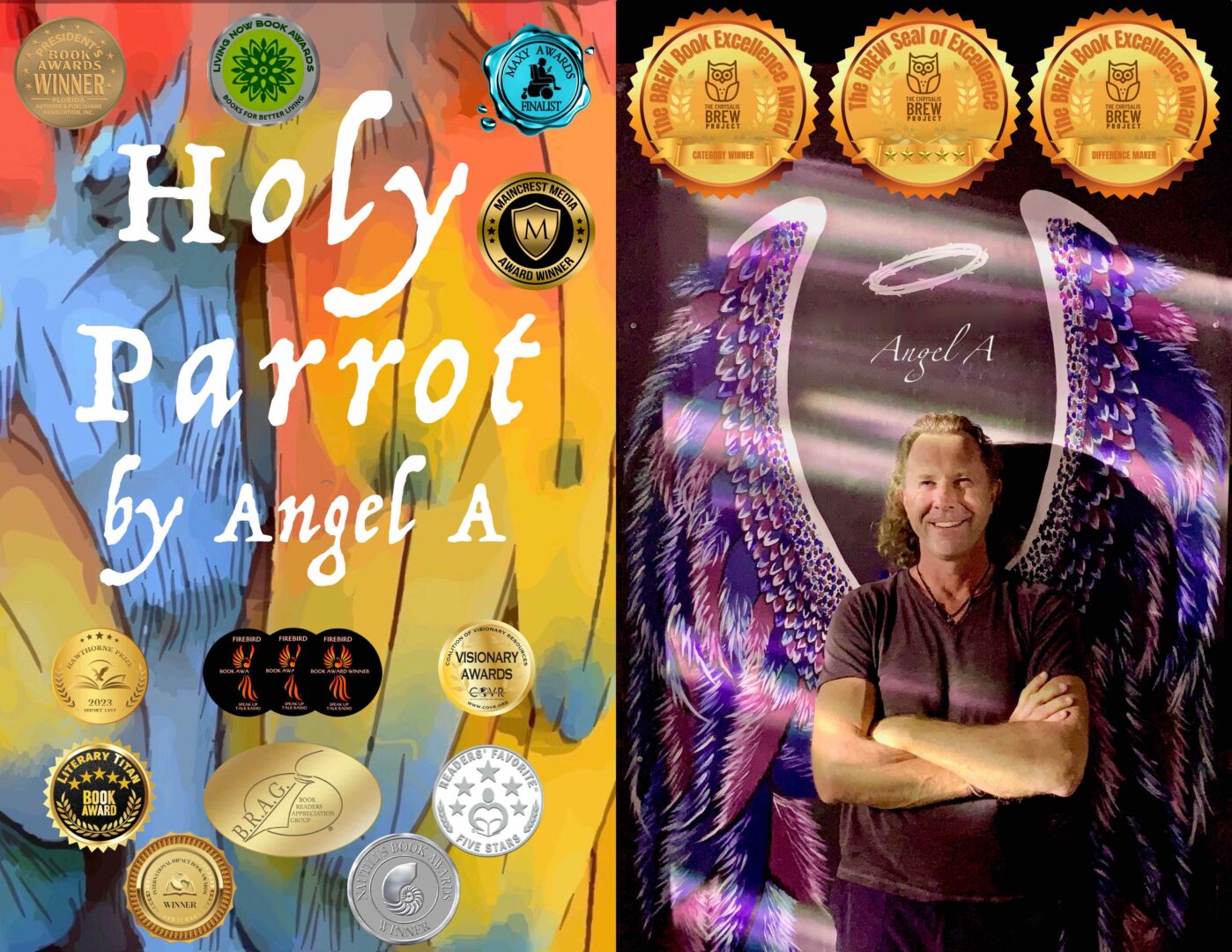
One of our goals is to help like-minded folks with similar goals connect and so before we go we want to ask if you are looking to partner or collab with others – and if so, what would make the ideal collaborator or partner?
My creative identity as Angel A has developed into something larger than individual artistic expression—it’s become a vehicle for a specific message. The concept of “Angel’s Leap” represents a fundamental choice we face in every challenging situation: we can surrender to defeat and fall into despair, or we can leap forward into new possibilities and transformation.
My storytelling in film and novels had me working in Australia, France, USA and Colombia. Adding thirty years of clinical experience, I offer a perspective that bridges evidence-based healthcare with international narratives that speak to the archetypal stories within us all. I’ve built a community of people seeking authentic transformation. Whether you’re developing wellness programs, creating content that challenges people to grow, or building platforms for authentic transformation, I’d love to explore how we might work together to help more people take their own Angel’s Leap.
You can contact me at [email protected] for healthcare-related partnerships or [email protected] for creative collaborations.
Contact Info:
- Website: https://www.angelsleap.com
- Instagram: https://instagram.com/Angels_leap
- Facebook: https://www.facebook.com/AngelAAuteur/
- Linkedin: https://www.linkedin.com/company/angelsleap/
- Twitter: https://twitter.com/Angelsleap
- Youtube: https://www.youtube.com/angelsleap
- Other: https://www.adamsback.com.au
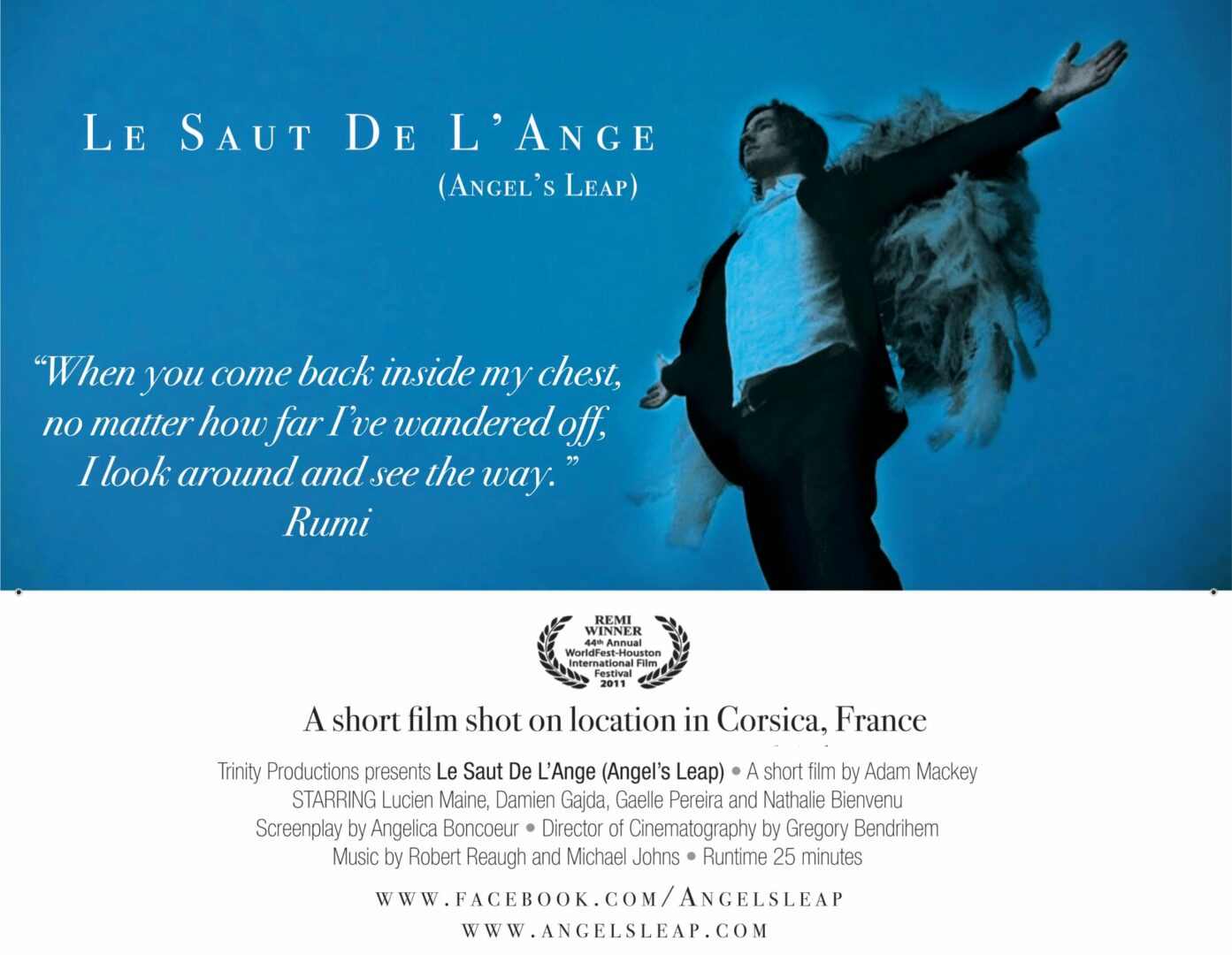
so if you or someone you know deserves recognition please let us know here.

